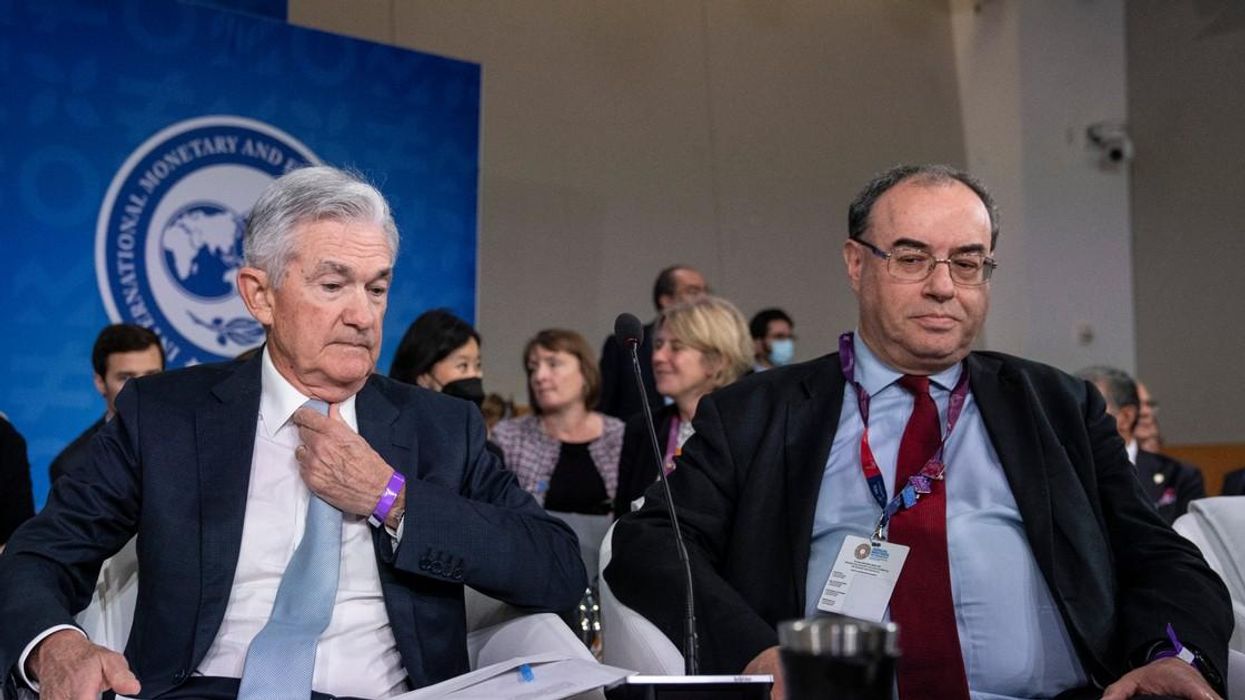Jayati Ghosh
- Jayati Ghosh taught economics at Jawaharlal Nehru University, New Delhi for nearly 35 years. In January 2021, she joined the University of Massachusetts Amherst. Jayati is also a contributor to Foreign Policy In Focus.
Articles by this author
Most Popular









